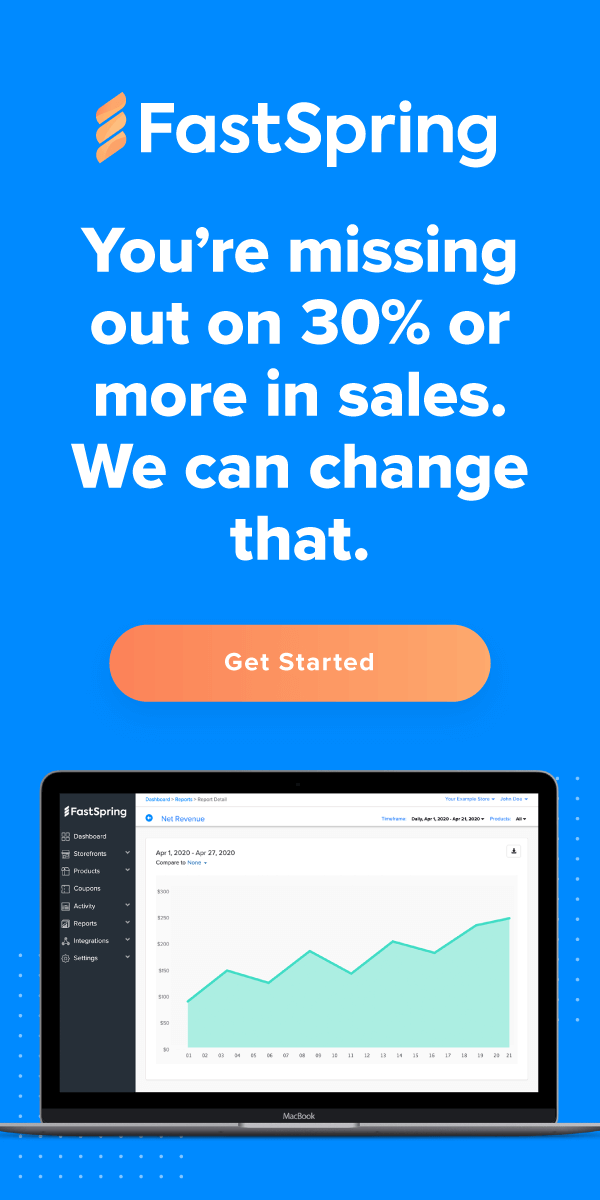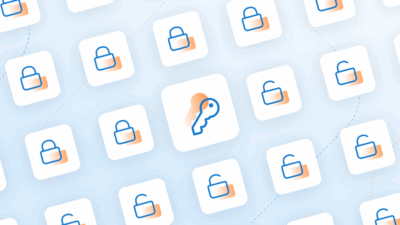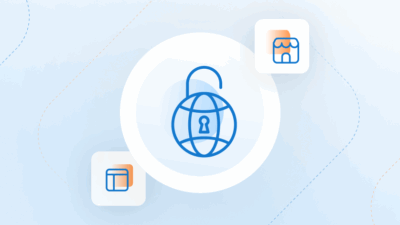The question has come up a number of times — I’m a software company and I’ve been asked by a 3rd party company to bundle their software along with mine, should I do it?
Bundle deals can be very lucrative if they’re done properly with the end user experience in mind. You need to be extra sure that the products you bundle are products that are considered user-friendly, useful and pleasant applications, not anything that has been considered spyware in anyway. Enable your users to easily view and evaluate the 3rd party bundle offer and opt-in or abstain from it without any confusion. The bundled product should be easily uninstallable by your users as well, with all components uninstalling.
The amount of money you make depends on which company’s product(s) you bundle, how much you are paid per install or as rev share, how many installs you receive of your own product, the geographic breakdown of your installs, retention of the 3rd party bundled product among your users and how often your users use the bundled product if it requires usage, etc. For those bundle opportunities that pay you on a revenue share basis, you can expect to be paid 35-75% of the revenue earned, depending on the company you’re working with. Examples of companies that at times pay on a revshare include Google, Yahoo, Ask, Conduit, and Visicom.
It’s hard to know if you’ll earn more from doing a revshare or a pay-per-install arrangement, the only way to know is to ask a lot of questions and test different bundles. How much will you earn if you do a pay-per-install arrangement? Say you generate 1,000 installs per day. In my experience, that can generate anywhere from $50 to $500+ per day, depending on the factors I’ve mentioned. I realize that’s a big range, but there are so many factors, and that’s why it’s good to test a few different bundles in case one makes you a lot more revenue than another. If you find a good fit, you can definitely earn $300+ per day on 1,000+ installs per day ($.30 per install) with a decent geographic breakdown which includes a higher pay rate for US traffic, lower for non-US. Some firms will pay as much as $2.00 for a US install, some will pay as little as $.25 per US install, it really depends on the situation. Those firms which can do a good job monetizing your non-US installs might be willing to pay as much as $.75 for EU-based installs, though oftentimes they won’t pay more than $.10-$.25, especially for countries they consider less able to be monetized such as third world countries. The better paying install countries are US, UK, Canada, the next tier down is generally other EU countries such as France, Germany, and perhaps Italy, then everywhere else is the 3rd tier which almost always earns only $.10-$.25.
Here are some questions, techniques, and tips to consider when you are evaluating a bundle opportunity:
- Ask the company who wants you to bundle their product with yours if they will pay you even if their product is already on the user’s desktop. Some firms will only pay for unique installs and if a lot of your users already have their product installed, you lose out on a lot of installs – think Google Toolbar.
- Will they pay for installs on Firefox and other browsers as well as IE? If 20% of your users are on Firefox and your bundle partner only pays for IE installs (this assumes the bundle product gets integrated with a browser and thus the browser type matters), you’ll make a lot less than you would with a partner who pays for Firefox installs as well, assuming all else were equal. Check Google Analytics (FastSpring has it integrated) if you don’t know what % of your users browse with Firefox.
- Can they track the geographic location of your installs from their end of do they require you to? If they require you to and they’re paying a different rate based on geography, you need to be sure you have a way to track the user location and that your partner will accept your tracking method as valid.
- Test out the 3rd party product with popular anti-virus/spyware programs and be sure those popular programs don’t get flagged by this 3rd party product. If they do, then the bundle may not only damage your brand and reputation, but can also lead to fewer installs of your own product since users will be notified that your software is not safe.
- Is your bundle partner OK being bundled alongside another product, if you do already bundle something else? Some companies will be OK with this, some not, and some will be OK with it so long as the other bundled product isn’t a competing product to theirs. When you ask this, be sure to specifically ask about their product being bundled with a specific product you are already bundling or intend to bundle along with theirs. The last thing you want is to find out at the last minute post-integration that they didn’t realize what else they were actually going to be bundled with, and they can’t accept the co-bundle as is.
- If you are planning to bundle on an opt-out or opt-in basis, be sure your partner is OK what the setup you prefer.
- If you want the installer/EULA page where you mention to your users that there is a 3rd party bundle to have a certain appearance or contain certain content, be sure your bundle partner is OK with it, and in your contract state both parties get to approve of the install page’s look and feel. Include in the contract that you have the right to approve everything related to the bundle, so that your partner can’t insist on anything you aren’t OK with, you get to have final say.
- Have a short-term exit clause (ie. 30 days) in the agreement in case you need to pull out of it quickly. You don’t want to find out the bundle is causing a problem for your business and then be stuck with your new bundle and no way to get out.
- Ask your bundle partner for financial projections based on your install volume and user profile (geography, browser usage) and their experience with other similar products they’ve bundled their products with. Ask to talk to other clients of theirs who are bundling their products and ask those clients about the experience and whether it’s been a lucrative initiative for them, what if any issues emerged, etc.
- Find out if your partner will pay you for all installs or will deduct those users who uninstall within X days after installing. If those uninstalls get deducted, you will earn significantly less than if you are paid for all installs no matter if the users uninstall at any point. In general, you will find no two bundle partners tracks your installs the same, and so it is difficult upfront to accurately estimate what you will earn, but you might as well try for a rough estimate. You may find that for every 100 installs you track, your bundle partner only credits you with, for example, 65.
- Find out what the bundled product will add in file size to your installer. If your file is 5 MB you don’t want to bundle a product that is 4 MB as you’ve almost doubled your file size which means you may get fewer installs of your own product. Many firms will offer a stub installer or another option that enables you to bundle a file that is far less than even 1 MB and that file will fetch the bigger file on its own or address the problem in another similar manner.
- Ask about how the bundled product will install/open/run/embed itself once the user has selected to install it. Ask for screenshots to see all the steps the user will be presented with, or go through the process yourself if you can. Be sure you are comfortable with how the installation process will work, how their product will be displayed to the user, their product’s behavior once on the user’s PC, etc. Avoid behavior that is unattractive to your users, such as the bundled product running in system trays, spawning pop up ads, etc. Put yourself in the shoes of your users and make sure you’re comfortable with the process and its result.
We hope these suggestions are helpful in evaluating 3rd party bundle opportunities!
![[Customer Story] Why TestDome Considers FastSpring a Real Partner](https://fastspring.com/wp-content/themes/fastspring-bamboo/images/promotional/2023/FastSpring-TestDome-blog-thumbnail.jpg)








